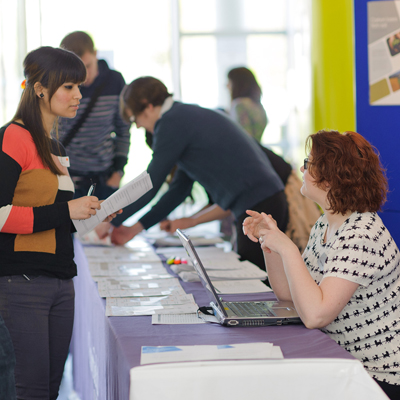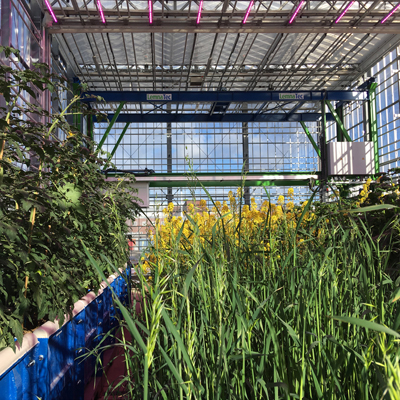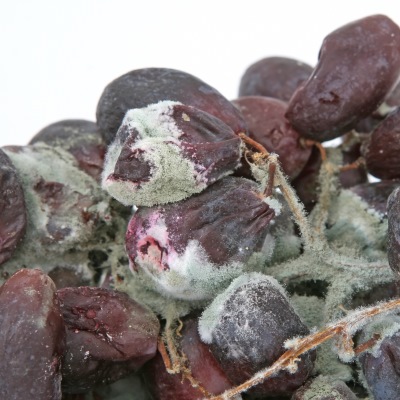- New three-year £500K network funded by UK Research and Innovation to cut food waste and improve quality in horticultural and potato crops
- Cranfield’s global reputation in postharvest research sees the University jointly lead the project
In the UK, 51% of food waste happens before it even reaches consumers, during agriculture, post-harvest, distribution or processing. A new UK network, jointly led by Professor Leon Terry from Cranfield University and Professor Carol Wagstaff from the University of Reading, will be linking researchers with industry to tackle food waste across the supply chain.
Globally, over one third of food produced across the whole food chain is wasted.[1] A significant proportion of food loss relates to the inherent physiology of the crops, poor control of post-harvest biology, and the efficacy and appropriateness of the control systems applied.
Harnessing research expertise and national scientific talent
Cranfield’s Plant Science Laboratory is one of the largest and best equipped postharvest research groups worldwide, working to improve food supply chains with international partners. Current projects include modified atmosphere packaging to extend the shelf life of fresh produce, controlling dormancy and sprouting in potatoes and onions, and extending the ‘flavour life’ of UK apples through photonics.
Professor Leon Terry, Director of Environment and Agrifood at Cranfield University, said: “Cranfield University has a long history of reducing postharvest food losses and we are delighted to be leading this network with UKRI and University of Reading. The network will allow us to better harness our national scientific talent to help achieve Sustainable Development Goal 12.3 to halve per capita global food waste and reduce food losses.”
Funds will pump-prime new collaborations
The network is launched by UK Research and Innovation’s Biotechnology and Biological Sciences Research Council (BBSRC) and will commission a diverse range of projects. Membership is free and open to all researchers throughout the UK, who will be able to apply for funds to pump-prime new collaborations that develop research ideas and solutions with relevance to industry.
The BBSRC Quality and Food Loss Network outputs will attract researchers from multiple disciplines to apply novel expertise to the challenges facing businesses from across the entire supply-chain while developing the next generation of researchers to address food security.
Bioscientists have a vital role to address food security
Karen Lewis, Executive Director of Innovation at BBSRC said: “Bioscientists in the UK and around the world can play a vital role in meeting the challenge of cutting food waste. Through this new network BBSRC will link science and business to propose and analyse new approaches to tackle this key issue. Its outputs will be part of a global effort to address food security.”
[1] WRAP. Understanding out of home consumer food waste.





